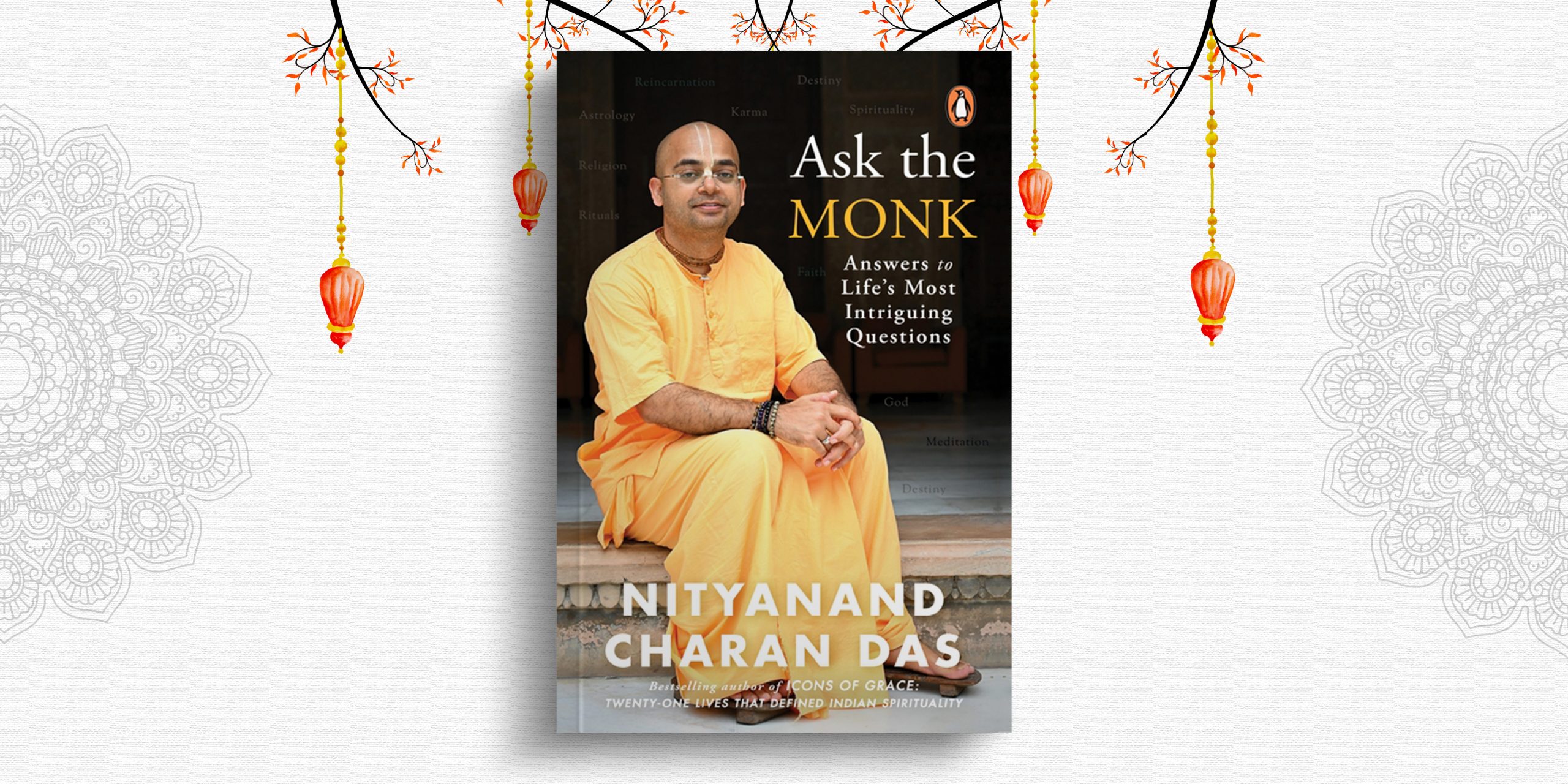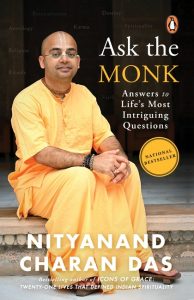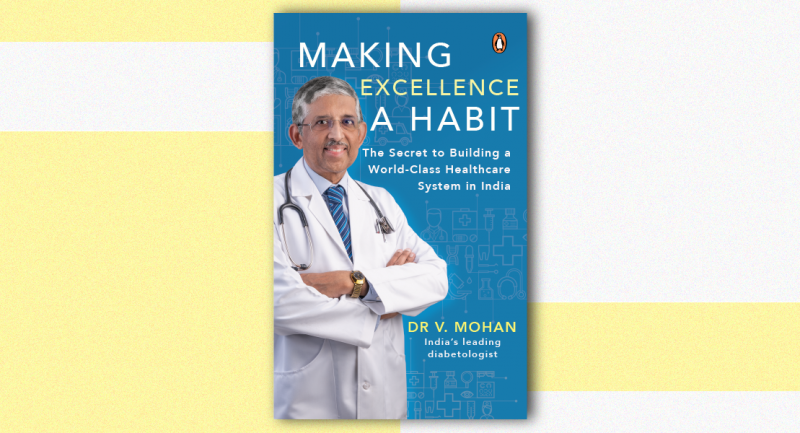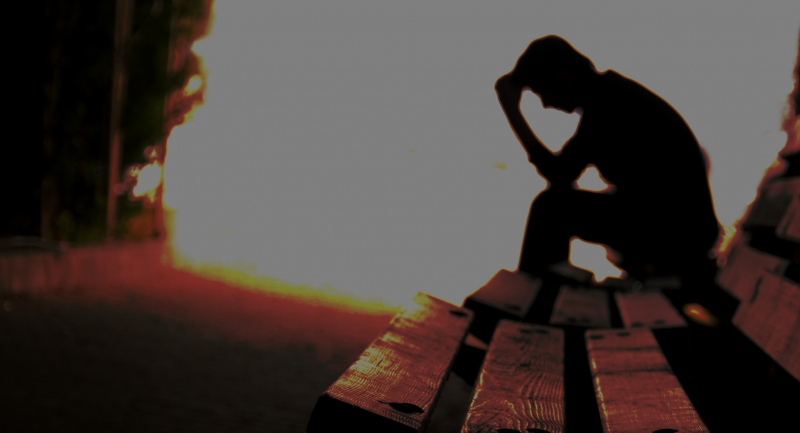
In Ask the Monk, celebrated monk Nityanand Charan Das lucidly answers over seventy frequently asked questions—by young and old alike—on topics such as karma, religion versus spirituality, mind, God, destiny, the purpose of life, suffering, rituals, religion, wars and so on.
Have questions? Intrigued to know more?
Read this excerpt from Ask the Monk and find out the answer to a very critical question—doesn’t spirituality demand blind faith?
*

No. Spirituality does not ask for blind faith, but ‘reasonable faith.’
Reasonable faith means, ‘I hear something. So let me try it. If it does not work, I can always give it up’.
Blind faith means, I hear something and straightway reject it without verifying.
Blind acceptance is bad, but blind rejection is equally bad. In fact, it is worse because we might miss out on a rare diamond, considering it to be a broken piece of glass.
And this reasonable faith is not something new. If we carefully examine, we will find that we have been applying it in every aspect of life. In fact, our life starts with reasonable faith. When we are born, we do not know who our father is. We hear from our mother and we trust her. Now if we talk about blind faith, then isn’t this also blind faith because we were not there earlier? Not at all. This is called reasonable faith. Now if we want, we can do DNA testing to verify it.
When we get into a cab, we never check whether the driver has a license and knows how to drive. We have faith that he will take us to our destination.
We go to hotels and restaurants after hearing the food at a particular place is good. We go and try and then conclude based on our findings. We believe that the food is not infected, although chances are that it could be. But we have faith.
So the point is that we cannot move even an inch forward without this faith, else we will live in constant fear and go insane.
The best way to move forward is to have a certain degree of faith in everything despite it all. It’s reasonable, since we cannot keep checking everything.
The same logic applies to spiritual life as well. We can hear from the right authority and move forward thinking, ‘If someone is teaching something, let me try and apply it in my life and test the authenticity.’
Sometimes some people reject the spiritual truths as bogus or illogical, saying they are students of science. However, they are not scientific at all because science also says that before we accept or reject a theory, it must go through six steps; aim, apparatus, theory, observation, calculation and conclusion. Only when we have tested do we have the right to decide whether it’s real or not.
Thus, just like we apply reasonable faith to everything in life without immediately rejecting it, spiritual life must not be an exception. We can apply the principles mentioned in the scriptures and see if they work. If they do not, give them up. But giving up without trying is totally unscientific and illogical.
The proof of pudding is in eating.
When we experiment based on what we hear, we get realizations and those realizations increase our faith. Spiritual life requires the same logic of faith that we apply everywhere else in our life.
**
Get your copy of Ask the Monk from your nearest bookstore or via Amazon.









